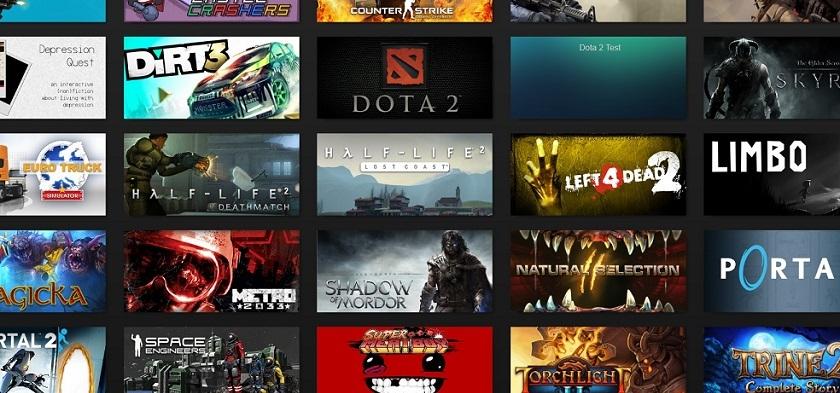
Valve responds to European Commission geoblocking allegations
Valve has responded to the European Commission’s allegations that the publisher has broken EU competition rules by geo-blocking games.
According to an official press release from Valve, the region lock in question only applied to a “small number of game titles.” In fact, Valve said it was just three percent of all games on Steam, none of which were their own titles.
“Valve believes that the EC’s extension of liability to a platform provider in these circumstances is not supported by applicable law. Nonetheless, because of the EC’s concerns, Valve actually turned off region locks within the EEA starting in 2015, unless those region locks were necessary for local legal requirements,” Valve stated.
The issue with eliminating region locks, Valve explained, is that publishers will most likely raise prices in “less affluent regions” to avoid price arbitrage.
The European Commission has yet to make a decision.
Valve and five other publishers were initially called out by the EU for geo-blocking games, which is against EU antitrust rules. On Steam, users can see the same game for multiple prices, depending on the economies of the country they’re being sold in. Without geo-blocking, gamers from wealthier countries could purchase the game for cheap by shopping in other regions.
The Commission found that 63 percent of websites they investigated in 2015 did not allow visitors to buy from another EU nation. Last year, a new regulation was announced in an attempt to end “unjustified geo-blocking” on these sites, which includes Valve, Bandai Namco, Capcom, and ZeniMax.
“In a true Digital Single Market, European consumers should have the right to buy and play video games of their choice regardless of where they live in the EU. Consumers should not be prevented from shopping around between Member States to find the best available deal,” commissioner Margrethe Vestager said.
Valve was also accused of breaking antitrust laws by including “contractual export restrictions” that stop distributors from selling games outside specified regions, which may exclude one or more EU countries.
Now that Valve has responded to the accusations, the Commission will begin determining if there is enough evidence of a breach in antitrust rules. The Commission could not only end this practice, but make the game publisher pay a fine of up to 10 percent of it’s annual turnover. Valve made $4.3 billion in revenue in 2017 from Steam alone.
Recommended

MrBeast takes action on Ava controversy, responds to allegations
MrBeast has launched a private probe.

Here’s how to play Marvel Rivals closed beta playtest
How to jump into the Marvel Universe.








